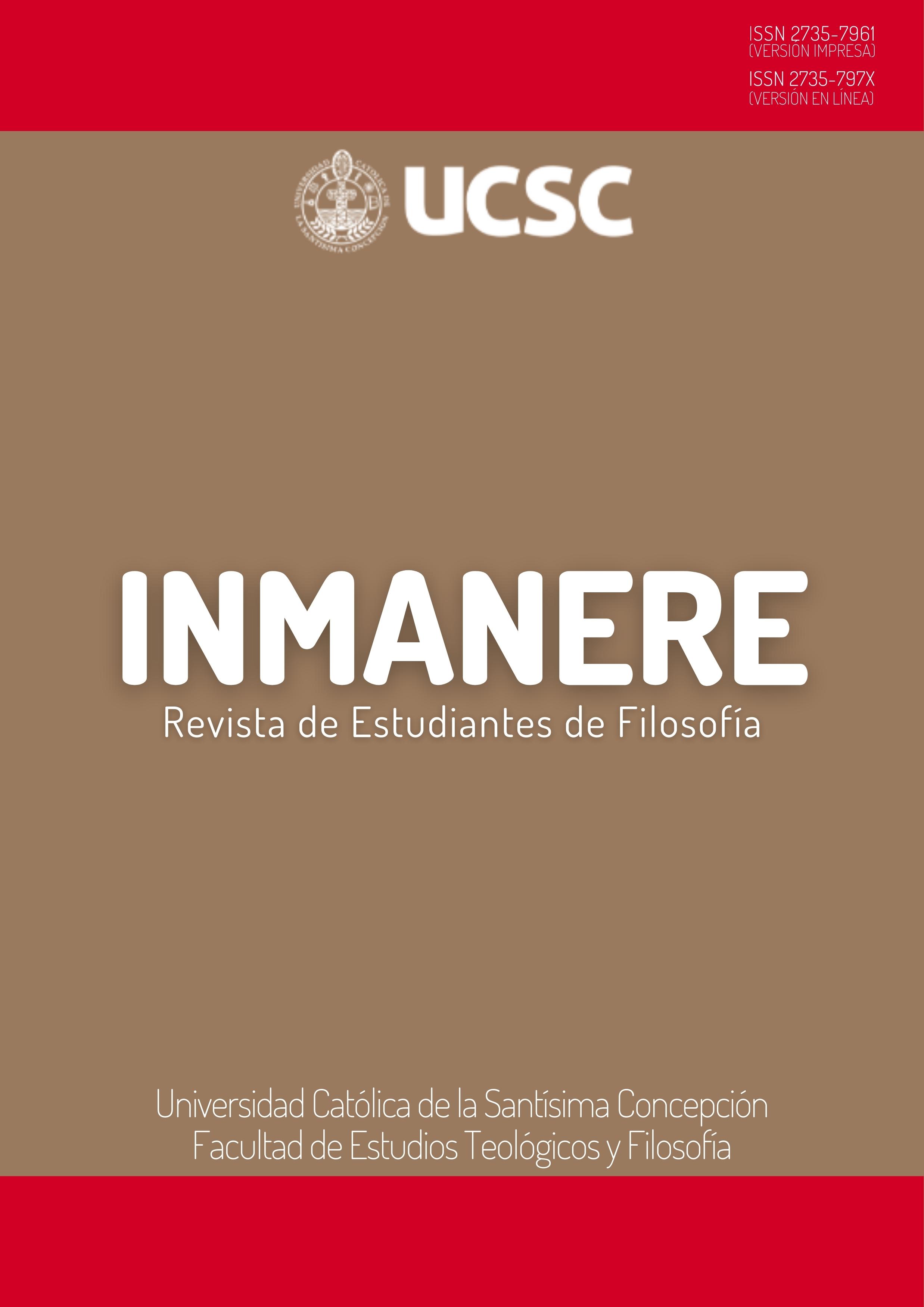Epicurean philosophy and its possible association Within the Greek polis at a civic and political level.
Main Article Content
Abstract
In this article, we will seek to account for how Epicurean philosophy does not really seek a separation or total distrust of the civic and political concept in association with the Greek polis. Thus realizing that life in the polis is not really limited or is not totally relegated to the bases of epicurean hedonism. And how this is helpful for concepts such as the bases of Epicurean philosophy such as "ataraxia" and "aponia". For this we will guide ourselves through a bibliographical-documentary review, to confirm the following research question. Is there really in Epicurean hedonism and essentially in its ethics an absence of the civic and political relations present in the Greek polis? Guiding us from his ethics and different edges to get to verify the following hypothesis to discuss if there is a connection between civic and political life as it develops in pursuit of ataraxia and support of epicurean hedonism
Article Details
Section

This work is licensed under a Creative Commons Attribution-NonCommercial 4.0 International License.
The work is licensed under a Creative Commons Attribution 4.0 International License. This license allows sharing and adaptation of the material in any medium or format, even for commercial purposes. Proper attribution must be given, including a link to the license and indicating any changes made to the material. No additional restrictions may be applied that legally limit others from exercising the permissions granted by the license.
How to Cite
References
García, C. (2021). Epicuro. Alianza.
Reale, G. y Antiseri, D. (2008). Historia del pensamiento filosófico y científico. Herder
Epicuro. (1999). Carta a Meneceo
Epicuro. (2012). Obras Completas. Cátedra Letras Universales.
Aoiz, J. y Boeri, M. (2022). ¿Cuán apolíticos fueron Epicuro y los epicúreos? la polis griega y sus ilustres ciudadanos epicúreos. Revista Artigos. 45(02). https://doi.org/10.1590/0101-3173.2022.v45n2.p169 DOI: https://doi.org/10.1590/0101-3173.2022.v45n2.p169
Aoiz, J. (2013). Prolepsis y justicia en el epicureísmo. Revista Argos. 30.
Sickinger, J. (1999). Public Records and Archives in Classical Athens. University of North Carolina Press.




